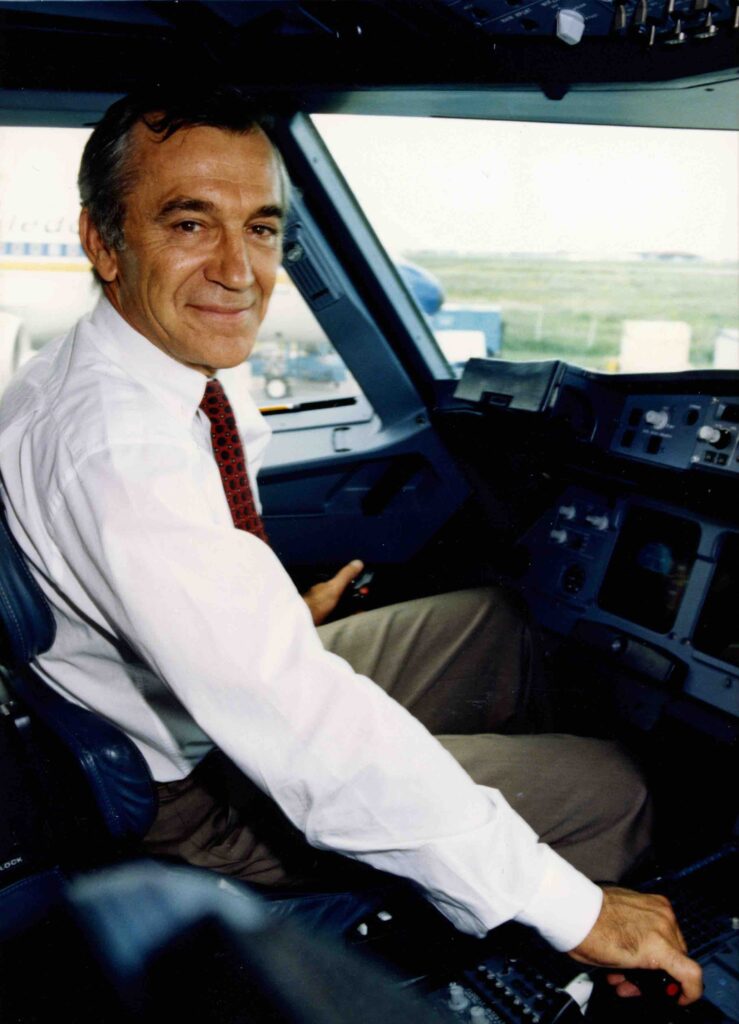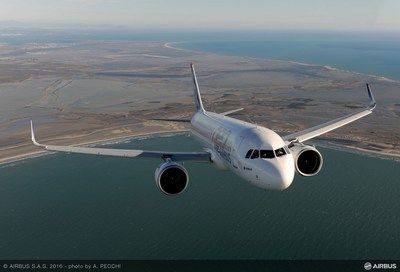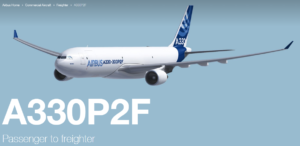Toulouse, France 5 May 2021 – Airbus (OTC: EADSY) is saddened to learn of the passing of Bernard Ziegler, at the age of 88. Ziegler, one of Airbus’ engineering pioneers, was instrumental in the introduction of the world’s first digital Fly-By-Wire (FBW) and side stick controls in a commercial passenger aircraft with the A320 in 1988.
Ziegler’s career spanned some four decades. He realised the full potential that digital FBW could bring, including flight envelope protection incorporated into the control software. Ziegler’s legacy lives on with digital FBW on all current generation Airbus aircraft, and its adoption as the standard on all modern passenger aircraft globally.
Born in 1933, in Boulogne sur Seine, Ziegler graduated from the French “Ecole Polytechnique” in 1954 and, later, from several engineering and flight training schools (Ecole Nationale de l’Air, Ecole de Chasse, Ecole Nationale Supérieure de l’Aéronautique, Ecole du Personnel Navigant Essais). For ten years, he was a fighter pilot in the French Air Force.
During the early 1960s he studied aeronautical engineering at ENSA (l’Ecole Nationale Supérieure de l’Aéronautique) in Toulouse, which is now ISAE-SUPAERO. He then attended prestigious flight test pilot school EPNER, before taking up a career as a military test pilot.
Ziegler joined Airbus as its chief test pilot in 1972 and was given the task of setting up a new flight test division. He put together a team that shared the objectives of both the design office and the partner countries, fostering collaboration between flight test crews and design engineers.
As a test pilot, he flew the first flight of the first A300 in 1972. The programme was later on an early testbed for FBW which transfers the pilot’s commands to the aircraft via digital signals. FBW provides significant benefits through commonality, improved flight safety, reduced pilot workload, fewer mechanical parts, and real-time monitoring of all aircraft systems.
He also flew the A310, A320 and A340-200. In June 1993, Ziegler participated in the longest flight ever undertaken by a civil aircraft, when an A340-200, dubbed the “World Ranger”, flew around the world from Paris with just one stop in Auckland in just over 48 hours.
Up until his retirement in December 1997, Ziegler was Airbus Senior Vice President of Engineering.





